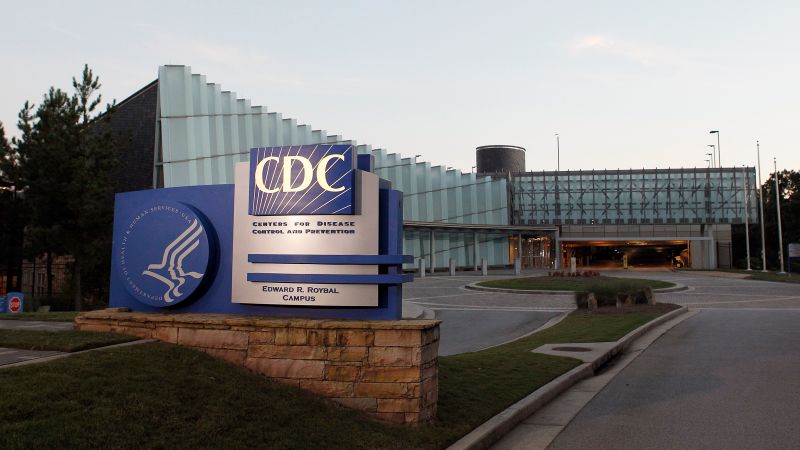In recent developments surrounding public health communications in the United States, the Centers for Disease Control and Prevention (CDC) has taken down various key websites and datasets related to critical issues such as HIV, LGBTQ health, and youth health behaviors. This action comes in the wake of directives issued by former President Donald Trump that mandate compliance with executive orders aimed at overhauling the federal government’s approach to diversity, equity, and inclusion (DEI) programs. The sweeping changes not only call for the elimination of these programs but also establish a binary recognition of gender, stipulating that the government must only acknowledge two sexes: male and female.
The consequences of this directive are extensive, as the Office of Personnel Management released a memo on January 29, instructing federal agency leaders to remove any media content that might promote “gender ideology” by a specified deadline. This edict includes CDC websites and social media accounts, setting a firm timeline for compliance. As a result, numerous crucial resources have disappeared from public view, creating a void in accessible health information.
According to a senior health official interviewed by CNN, the potential repercussions for agencies that fail to comply with these orders could be severe. The official noted that the removal process is complex and will take significant time, prompting some agencies to preemptively take down information to avoid penalties. The overarching concern voiced by health officials highlights a detrimental trend: a large swath of scientific data and public health information could become inaccessible for an extended period. This raises critical questions regarding the implications of such a purge of information in a field that heavily relies on data and factual reporting for progress.
By Friday afternoon, various pages and resources, particularly those concerning HIV, had already become unavailable. This included vital index pages that track data on HIV, reports related to national surveillance, and other critical datasets that public health professionals rely on for understanding trends and implementing interventions. Resources that specifically address the needs of LGBTQ youth were also removed, including information about suicide risks, health disparities, and guidelines for creating safe school environments.
The repercussions extend to tools such as AtlasPlus, an interactive platform that helps users analyze data about HIV and other public health issues. The Youth Risk Behavior Surveillance System, a long-standing tool analyzing health behaviors in high school students, also faced removal of its pages, reducing access to important information for researchers and policymakers alike. Even general health information, such as safe food practices during pregnancy, was not immune from these cuts.
In response to these developments, health leaders and associations have expressed their dismay. Prominent figures from the Infectious Diseases Society of America (IDSA) and the HIV Medicine Association emphasized the necessity of accurate health information for medical professionals tasked with controlling infectious diseases and safeguarding public health. They underscored the urgent need for timely and reliable data that informs health practices.
As scholars, activists, and community members began to witness these deletions, there has been a call on social media platforms to archive CDC data, thereby preserving critical information that is now vacating federal sites. Organizations, such as the Association of Health Care Journalists, have formally requested the immediate restoration of online material, arguing that these datasets are paramount for public understanding regarding health-related behaviors and decision-making.
In summary, the sweeping elimination of CDC resources following the Trump administration’s directives has ignited concerns around public health information access. Experts have articulated that the government’s choice to remove resources related to LGBTQ health, HIV, and behavior-related health risks creates significant gaps in scientific literature and vital data that is crucial for monitoring disease outbreaks and safeguarding community health. The immediate future of these resources is uncertain, with calls for restoration highlighting the importance of transparency and evidence-based public health strategies.












